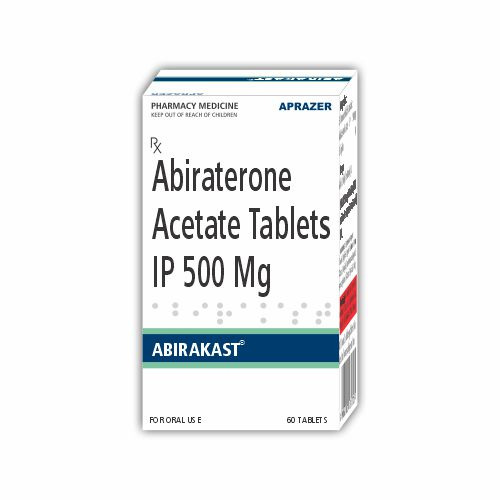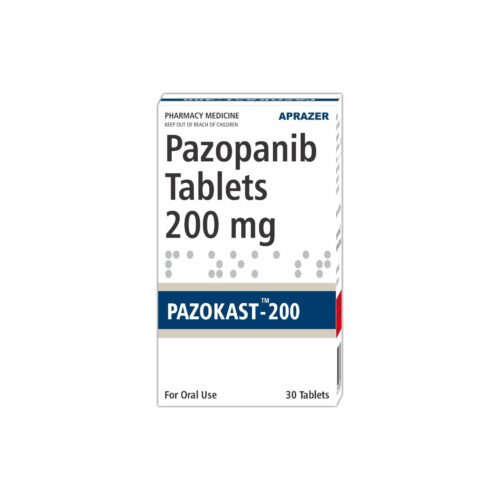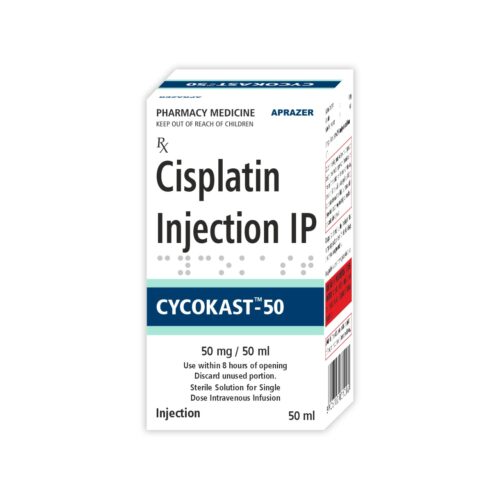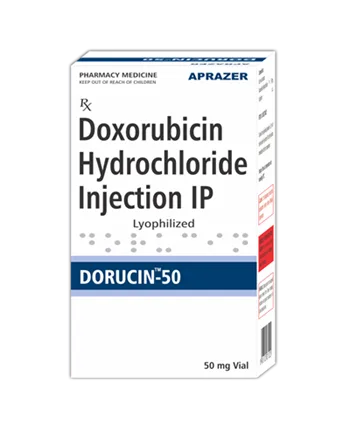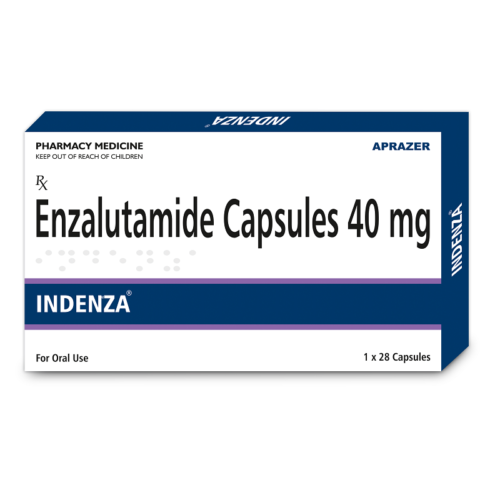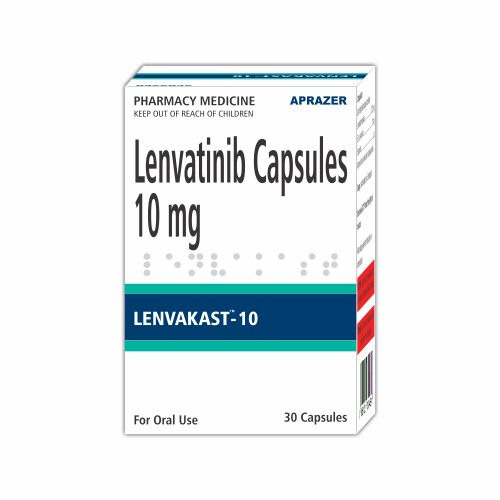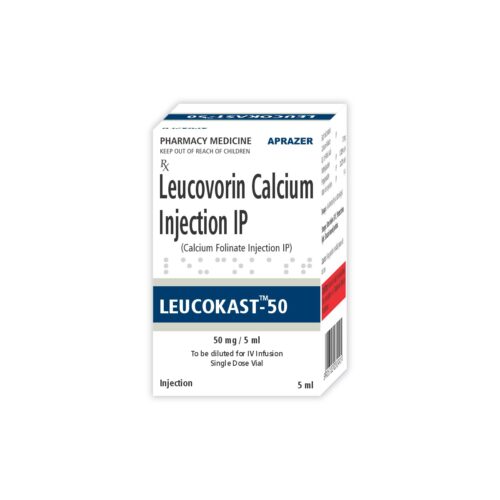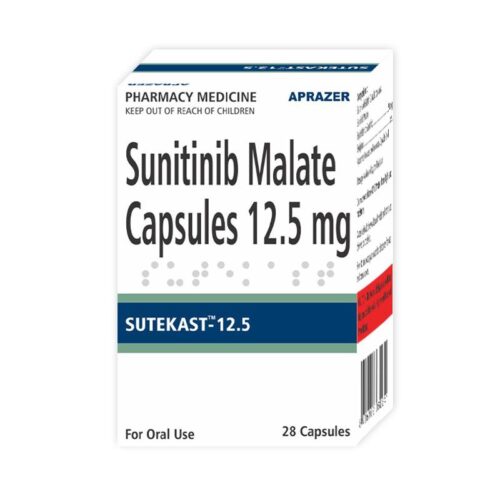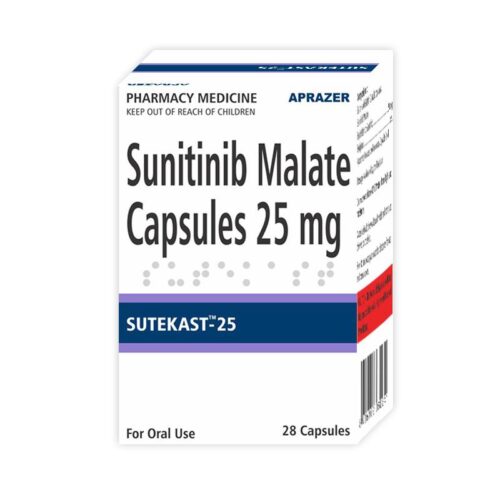ABIRAKAST
Abiraterone Acetate Tablets IP 500 mg
Thank you for your enquiry. We will get back to you shortly!
Description
Abirakast – 500mg
Composition: Abiraterone Acetate IP – 500mg
Therapeutic Class: Androgen Biosynthesis Inhibitor
Abirakast: Targeted Prostate Cancer Therapy
Abirakast, a scientifically backed formula, is a highly prescribed multi-target therapy that blocks testosterone secretion at all its sources – the testes, adrenal gland, and tumors.
Aprazer Healthcare: A Global Name in Oncology Medicine Manufacturing and Export
Aprazer Healthcare is leading the way to oncology care, with cutting-edge technology, developing the advanced treatments that are highly affordable, high-quality and efficient.
WHO-GMP certified.
What is Abirakast?
Abiraterone is used against prostate cancer to inhibit testosterone secretions that fuel tumor growth.
Uses of Abirakast
- • Metastatic Castration Resistant Prostate Cancer
- • Metastatic Castration Sensitive Prostate Cancer
How does Abirakast work?
It reduces testosterone secretion, shrinks tumor size, and proliferation of cancer cells.
Common Side Effects of Abirakast
- • Hypokalemia
- • Hypertension
- • Liver dysfunction
- • Weakness
- • Fluid retention and swelling
- • Joint pain, muscle pain
- • Urinary tract infection (UTI)
Serious Side Effects
- • Cardiac abnormalities – Arrhythmia, irregular heartbeat
- • Hepatic toxicity – yellowing of eyes, jaundice
- • Adrenal insufficiency – severely low potassium
- • Hypertensive Crises – Severely elevated blood pressure
Contraindications
Not to be used in patients
- • Hypersensitivity or allergic reaction to the drug or its excipients
- • Abirakast is not recommended for use in women
- • Breastfeeding mothers
- • Pregnant women
Precautions
To be used cautiously in patients with:
- • Cardiac abnormalities
- • Hepatic impaired functions
- • Renal impaired functions
Warnings
Prescription drug to be used under medical supervision.
Important Safety and Monitoring Information
Abirakast requires regular monitoring for:
- • Hematological functions – blood count
- • Blood pressure
- • Liver functions
- • ECG, cardiac functions
- • Regular monitoring of electrolytes

